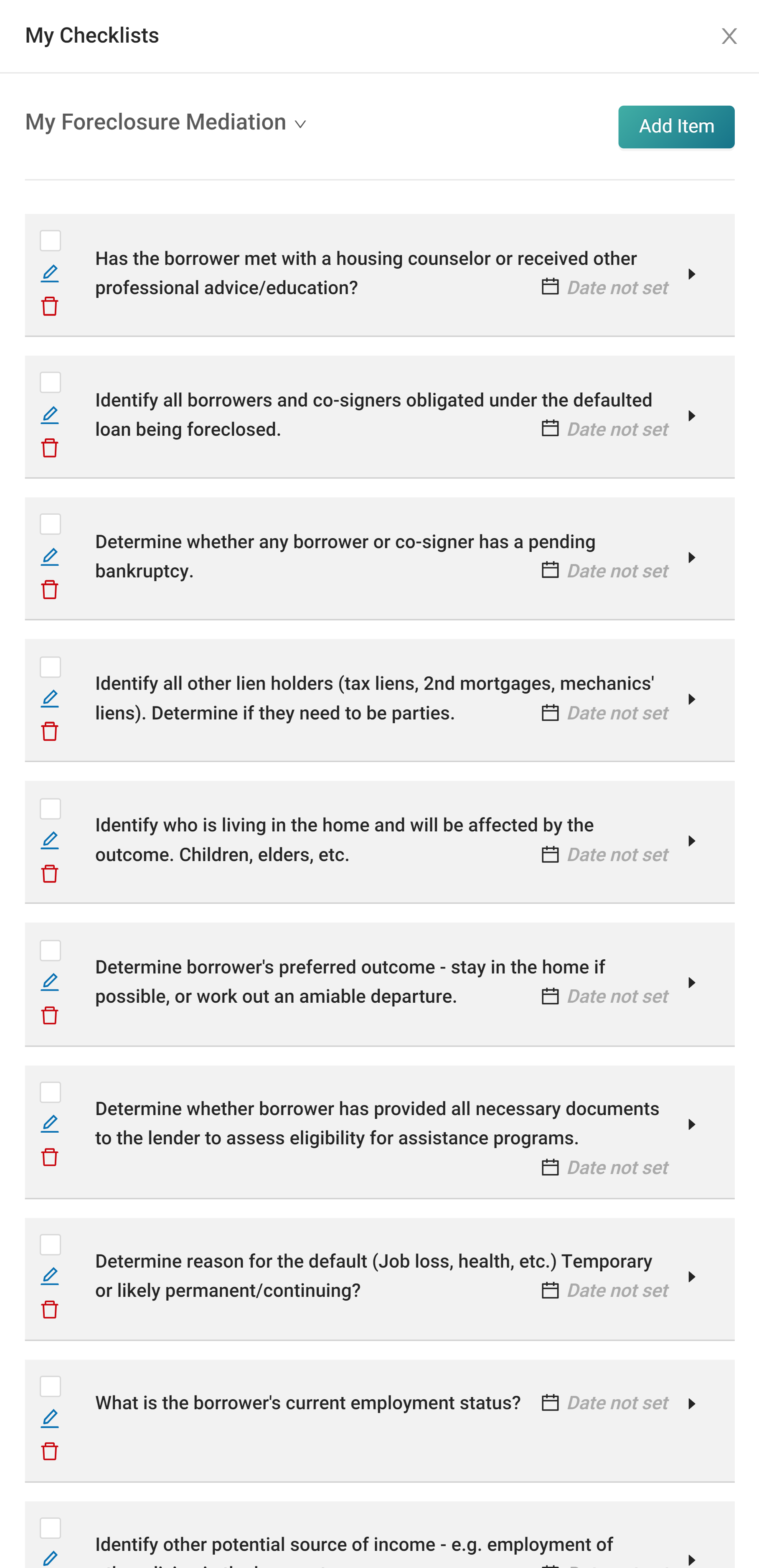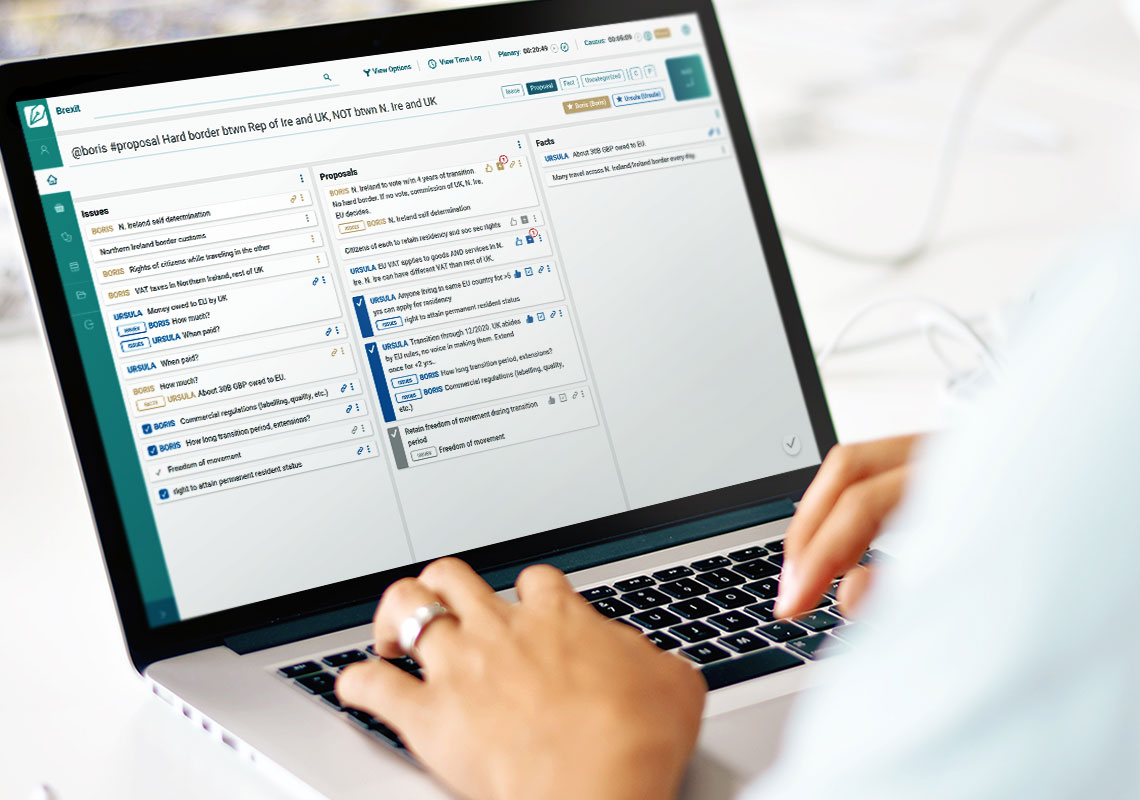Multi-stage Mediation is Growing. ADR Notable’s Platform Can Help.
In a recent post on the JAMSBlog, Marc Isserles described multi-stage mediation as a “mediation process, in which discrete parts of the mediation are tackled at different times.” The point to multi-stage mediation is to provide a more client-centered process. It breaks mediation into steps that could include:
- more education about the process;
- time to better develop options;
- solutions or relevant facts;
- relief from undue pressure to reach a settlement; or
- simply time to emotionally process the dispute and the repercussions of a settlement to avoid subsequent remorse.
The Client Benefits of Multi-Stage Mediation
Michaela Keet, Heather Heavin, and Shawna Sparrow discuss the client benefits in their paper Anticipating and Managing the Psychological Cost of Civil Litigation:
“Because stress and fatigue tend to result in more conservative choices it is necessary to allow clients sufficient time for important decisions. It is especially important to slow down the thinking process for clients when their understanding of legal concepts is limited. Therefore, scheduling multiple negotiation meetings is preferable to one single long meeting because the client will have time to reflect on various options. Breaking up important processes is also an effective way to prevent regret. Clients often regret rushed decisions. When clients can move gradually in the direction of agreement, they can better endorse what they are signing.”
There have been a series of articles recently noting the growing adoption of multi-stage mediation in non-family matter mediation cases. A great example is The Evolution to Planned Multi-Stage Mediation by University of Missouri Prof. John Lande. While making the case for planned multi-stage mediation, Prof. Lande acknowledges the preference of many lawyers and mediators in the commercial field remains for a “one and done” mediation session taking place one time and potentially dragging on for many hours.
In our own market research for the development of ADR Notable, many commercial case mediators said they never suggest a multi–stage approach: planning ahead for a second session removes the pressure to reach an agreement by the end of a single session.
So Why Does Professor Lande Suggest Multi-Stage Mediation?
To put it simply: the Coronavirus pandemic.
In his article, Professor Lande observes that the adoption of videoconferencing as a consequence of the Coronavirus pandemic eliminates the cost and time involved in travel for a single session event. Without that travel, having multiple meetings is suddenly more acceptable.
Furthermore, videoconferencing has its own element of fatigue that favors multiple shorter sessions. In comments to his post, mediators Giovanni Matteucci and Susan Glatki note respectively that multi-stage mediation is already commonplace in Italy and in family matters.
How ADR Notable can Help
Multi-stage mediation requires a different kind of case management and organization than the one-and-done method. ADR Notable’s software platform for mediators fits perfectly with a multi-stage mediation process.
In a multi-stage process, the mediator will need to be able to set and track the steps in the process and the expectations from each of the parties, seamlessly pick up where the parties left off perhaps weeks ago, and take notes at each stage that help move the matter toward an agreed resolution. ADR Notable’s cloud-based platform has features for each of these needs.

Checklists
ADR Notable uses case checklists to help manage processes. Each case can have multiple checklists for ensuring consistency in case intake steps, setting up client-specific “to-do” expectations and tracking progress. Each item on a checklist can have an assigned date – used either to note completion or as a due date, a comment field for details and a conspicuous spot to check off the item at completion. Checklists are easily configurable and the most useful checklist templates can be stored for reuse in other cases. In addition, lists can be custom-built for each case.
Handling Documents and Files
In a multi-stage process, more documents may be passed between parties and the mediator as information, interests or positions are exchanged. Keeping good case files that are easily accessed will be essential. ADR Notable takes the effort out of keeping files. Mediators can send a document request to a party via email that contains an upload link so that upon receipt, the client’s document is automatically saved in the case file folder designated by the mediator.
Note-taking
In a multi-stage mediation, the need to take a few notes may occur in several preliminary communications and multiple sessions days or weeks apart. Keeping track of that same yellow legal pad of notes for each case is impractical. Instead, ADR Notable’s patent-pending note-taking feature allows unique flexibility in taking notes in one place for each case, in a format that builds logically toward party proposals and the documentation of agreements when proposals are accepted.
If you already use multi-stage mediation processes, or you are considering adopting the technique to provide a better client experience, be sure your tools and processes are ready for the change. Multi-stage mediation requires good case management practices. There are tools to help.






